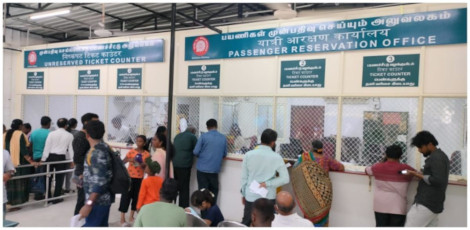No. of views : (4407)
Why some cancer cells do not respond to treatment
Posted on: 01/Oct/2016 11:13:08 AM

Cancer cells have the ability to mutate constantly and keep growing, even when they are attacked by chemotherapy drugs. Researchers from the New York Genome Center and New York University have been studying the genomes of some tumors and revealed some of those cancers’ secrets to survival.
The researchers used a new technology called CRISPR to edit the genomes of tumors. Instead of focusing on known cancer genes, however, they concentrated their splicing efforts on the so-called non-coding parts of the genome. Until recently, scientists called this part of the genome junk DNA, assuming it wasn’t critical to how genes function. But they’ve come to understand that these sections of DNA are essential to how genes work, similar to role that directors and producers play in a movie: they aren’t visible, but they’re guiding the action. The non-coding areas are providing important instructions to genes for when to be active and how much protein to produce.
Speaking about this, the researchers said, This is 98 per cent of the genome and an area a lot of scientists believe we need to look very carefully at. The genome is like a piece of text—if we don’t have Microsoft Word to cut, copy and paste, it’s hard to manipulate the text. Only recently have we had tools like CRISPR to write and edit this text. By selectively and methodically editing out specific sections of the genome from a line of human melanoma cells taken from a patient, and then exposing them to a commonly used anti-cancer drug, we found which parts were contributing to the tumors’ resistance to the drug. Now, with the additional information from the non-coding regions of the genome, scientists will have far more targets for developing possible drugs.
Post your requirement - We will connect with the right vendor or service provider








